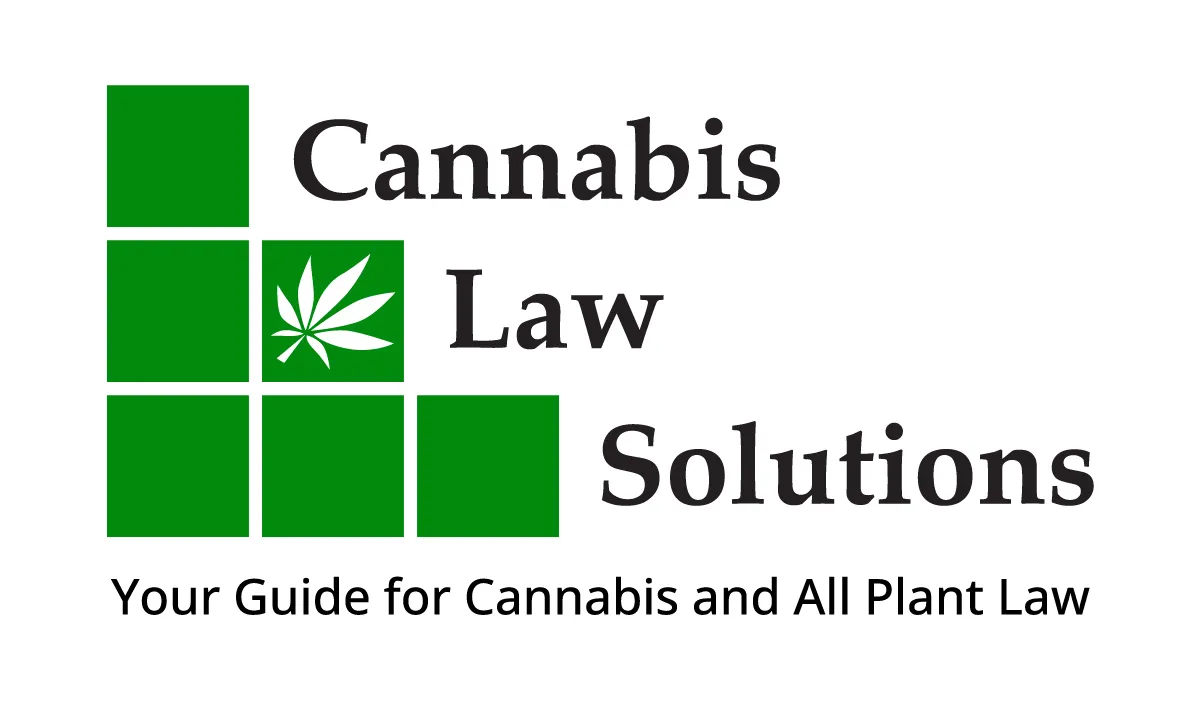By Sam Reisman · Listen to article
Law360 (November 14, 2023, 7:21 PM EST) — Loosening federal restrictions on Schedule I psychedelics that show promise in treating depression and post-traumatic stress disorder would expedite research needed to help bring the treatments to veterans, a U.S. House of Representatives subcommittee heard Tuesday.
Across two panels of witnesses, the House Veterans Affairs Subcommittee on Health discussed how policy changes to psychedelics — specifically psilocybin, the active ingredient in psychoactive mushrooms, and MDMA, also known as “ecstasy” — could be used to help veterans struggling with suicide ideation and other treatment-resistant mental health disorders.
Both drugs are designated as Schedule I substances under the federal Controlled Substances Act, which means they have no recognized medical value and a high potential for abuse as a matter of federal policy.
The Schedule I assignment means researchers have to clear numerous administrative hurdles, including securing approval from the U.S. Drug Enforcement Administration, in order to access the substances for clinical trials.
Frederick Barrett, an associate professor of psychiatry and behavioral science at Johns Hopkins University, testified before the committee that federal policy had made it more difficult to perform precisely the sort of research needed to guide policymakers in establishing clear guardrails for bringing the drugs to a broader population.
“One of the largest barriers to entry [for] some of the most qualified scientists in the world to be studying these things is highly tied up in obtaining approval for using Schedule I substances in research,” Barrett said. “The barriers for using Schedules II through V are far lower.”
The first-of-its-kind hearing, entitled “Emerging Therapies: Breakthroughs in the Battle Against Suicide?” comes as federal health regulators are nearing final approval for a therapy-assisted MDMA regimen that has shown promise in clinical trials in the treatment of PTSD. Other clinical trials approved by the U.S. Food and Drug Administration have shown psilocybin’s efficacy in treating major depression.
House members repeatedly stated Tuesday that their inquiry into how best to move the needle on psychedelic policy in ways that could benefit veterans in need was separate from the broader question of legalization and distinct from the course that states have taken with medical marijuana legalization, which is largely self-administered by registered patients.
“We are not advocating for the legalization or casual use of psychedelics,” subcommittee Chair Mariannette Miller-Meeks, R-Iowa, said in opening remarks. “What we are discussing is the clinically administered dosage of these substances in combination with targeted therapy sessions in a clinical setting.”
Witnesses from the U.S. Department of Veterans Affairs emphasized that the treatment regimes studied in the FDA-approved clinical trials, which would presumably be the basis of any VA treatment model, were distinct from thrill-seeking, recreational drug use.
“People are not using psychedelics to alter their state in the sense of getting high,” said Rachel Yehuda of the Veterans Health Administration.
The treatments include multiple sessions with a clinician to prepare the patient for the experience and a post-trip session intended to integrate the experience, she said.
“The idea isn’t, ‘Let me feel good from a drug,'” Yehuda said. “It’s: ‘Let me put myself in a state that is most conducive to safely exploring material that is very difficult.’ It’s a very different paradigm than the paradigm of drug-seeking behavior to avoid and forget. It’s seeking a medicine that helps you engage.”
In February, Australian health authorities announced that psychiatrists would be able to prescribe psilocybin and MDMA to treat depression and post-traumatic stress disorder, respectively.
The decision was based partially on a report prepared by public health and pharmacology experts in Australia, which found that clinical research into the drugs had shown they were effective “in closely clinically supervised settings and with intensive professional support.”
 717-703-0804
717-703-0804